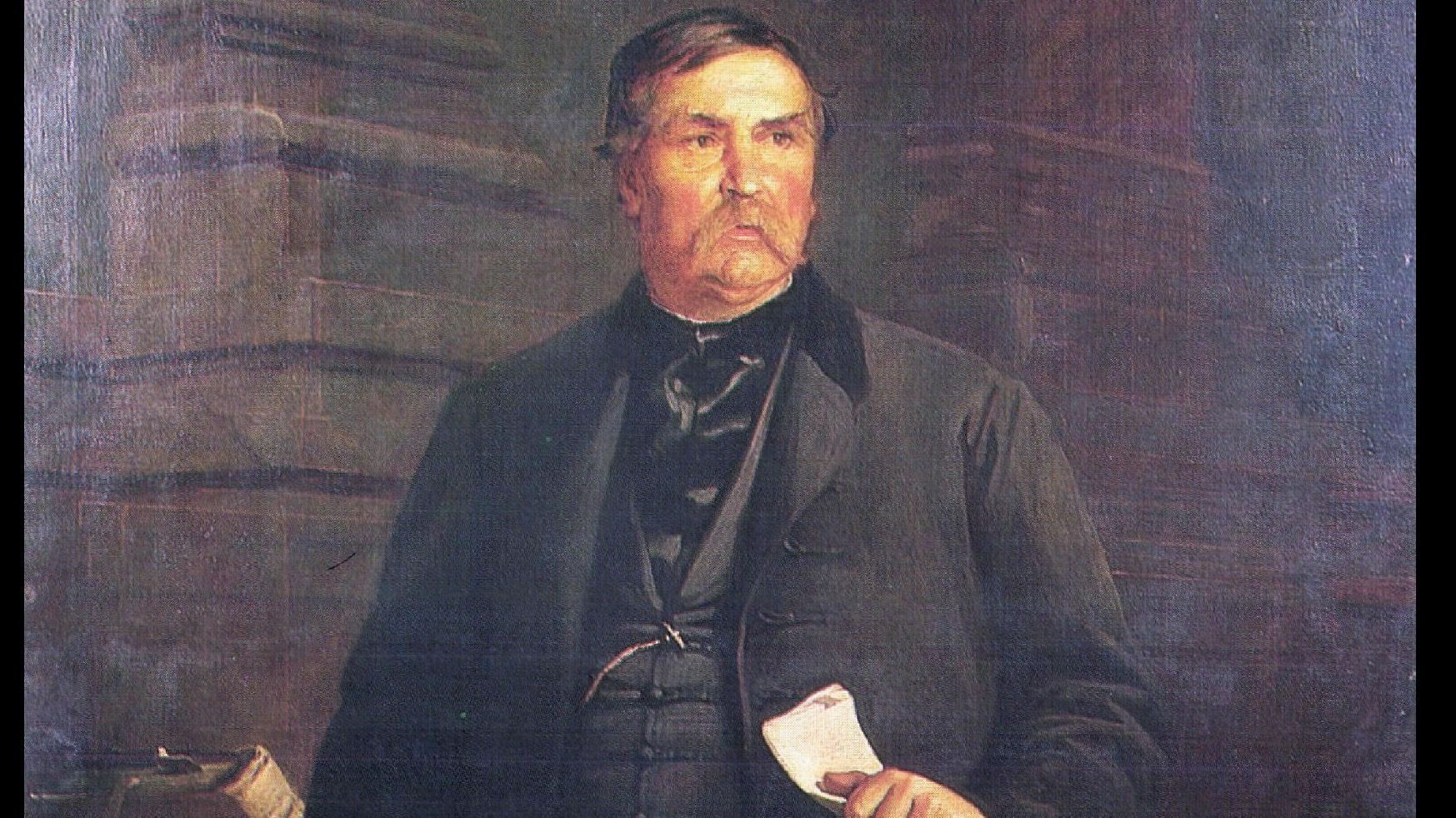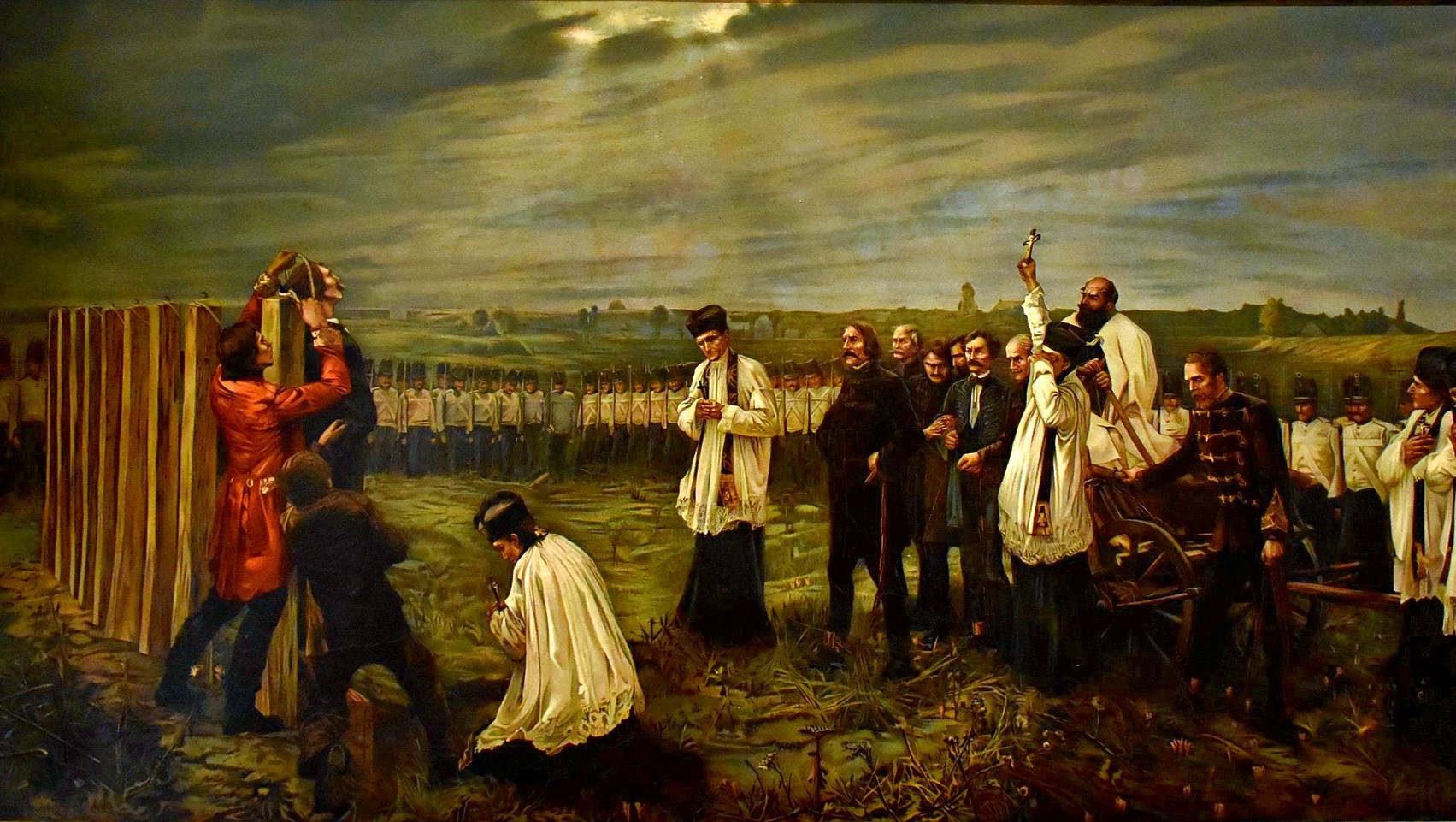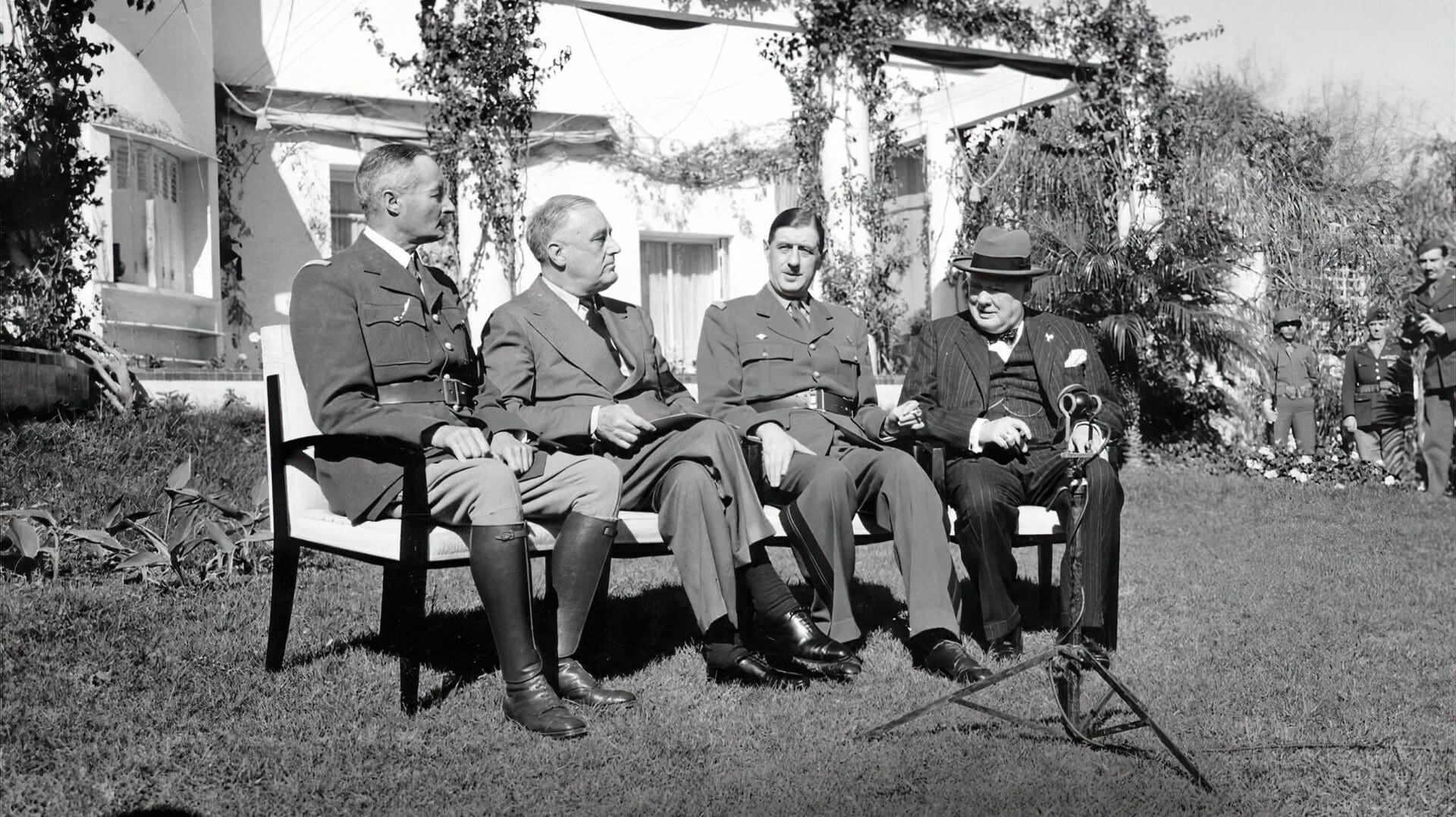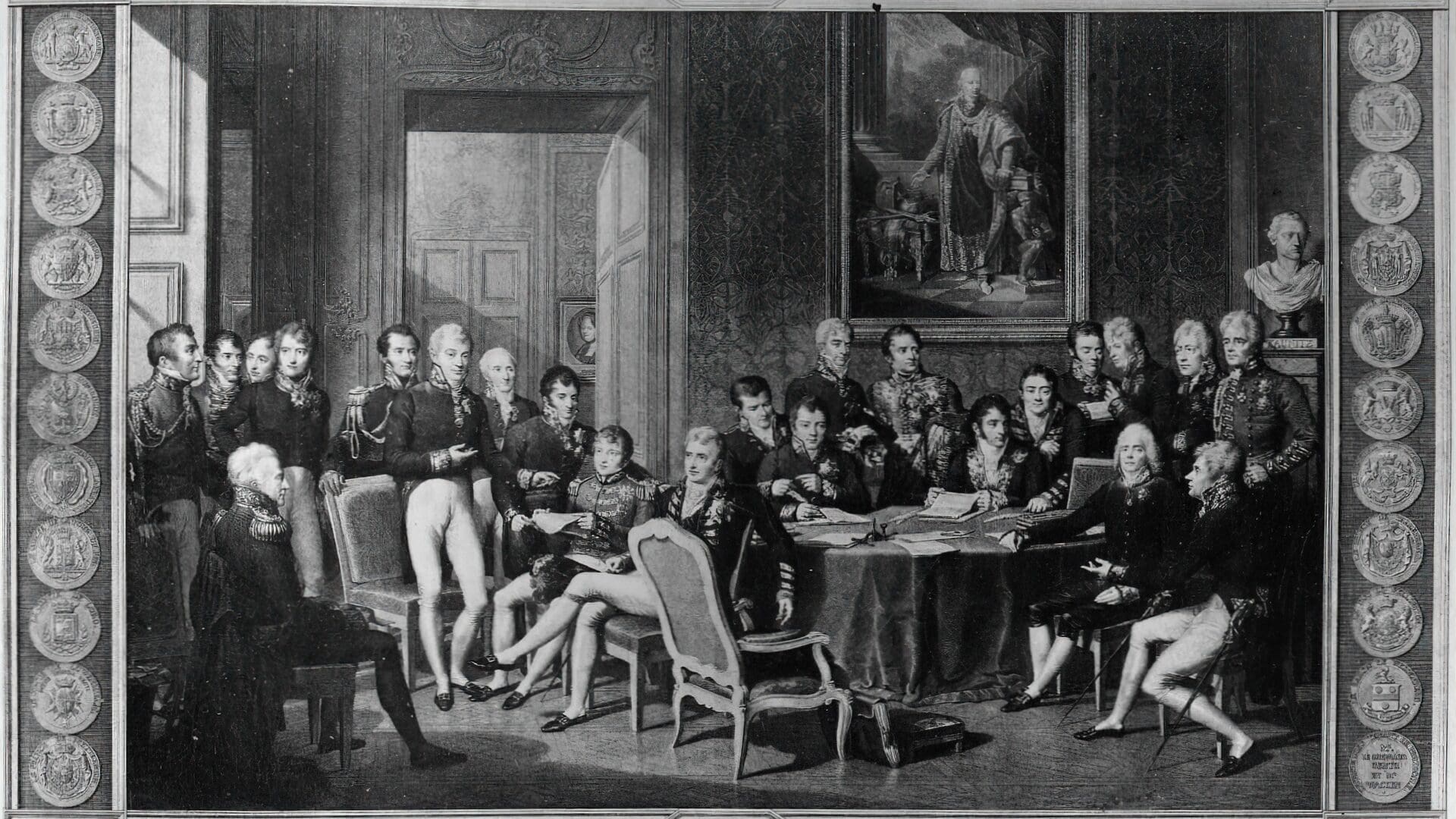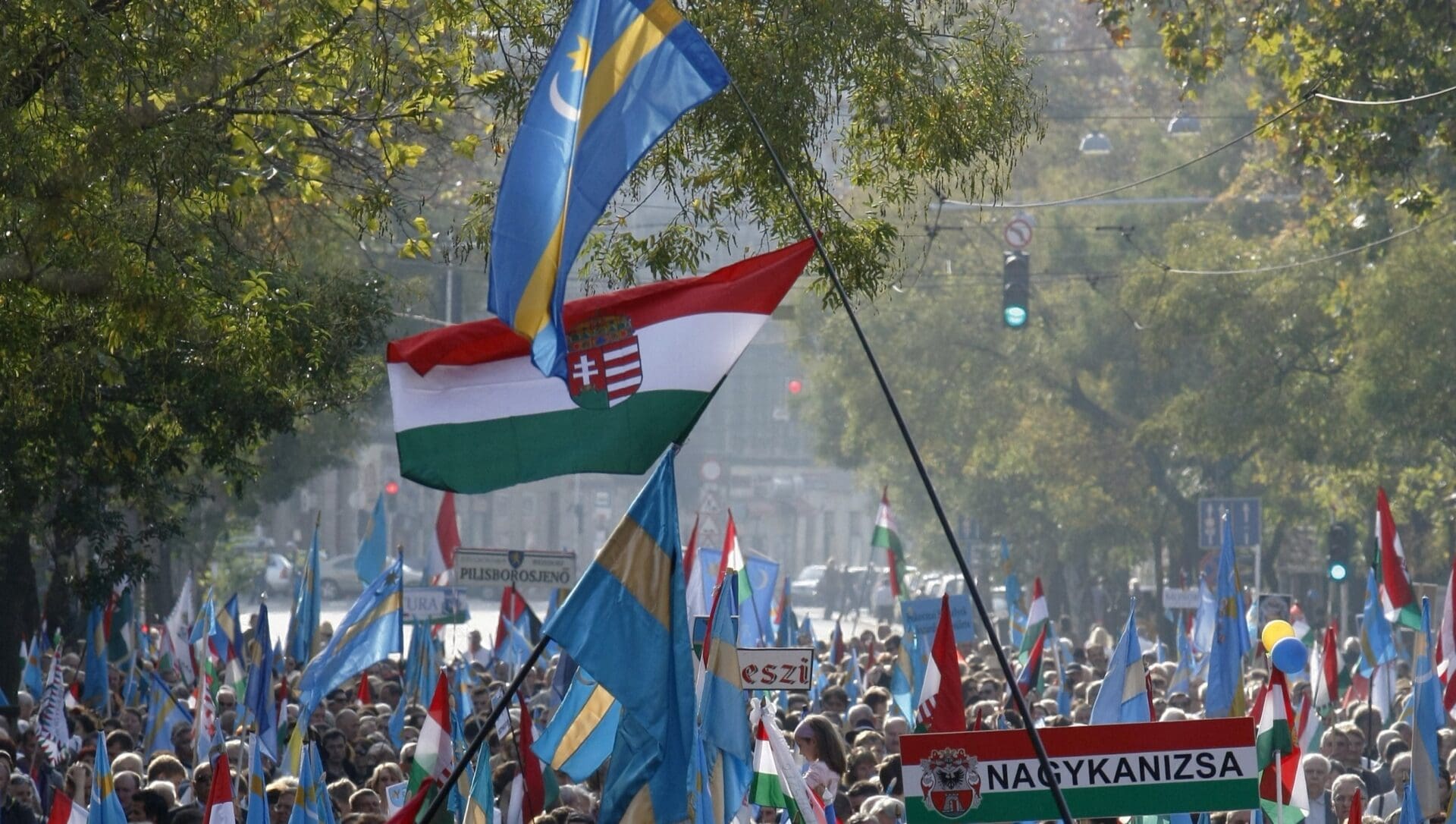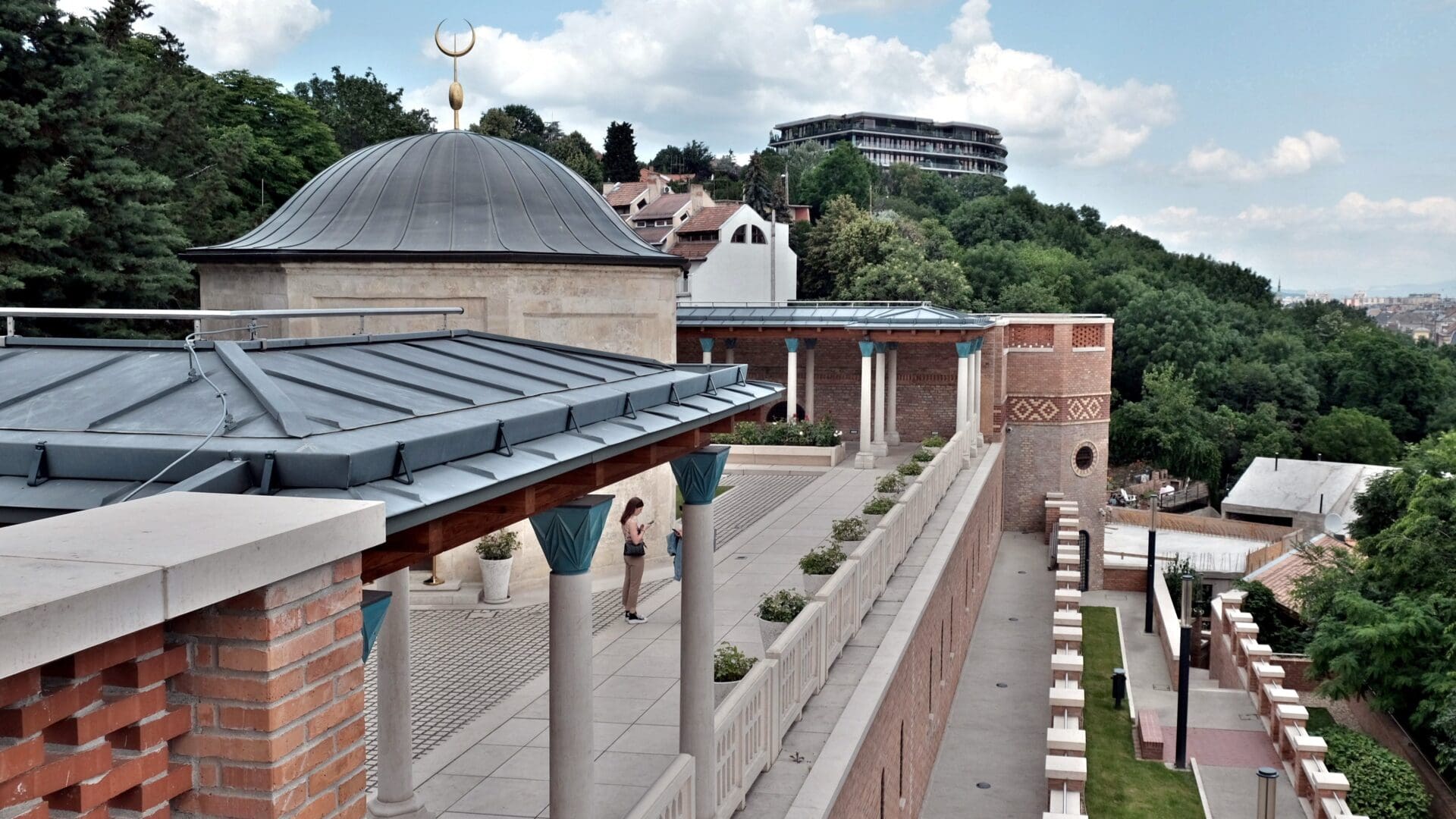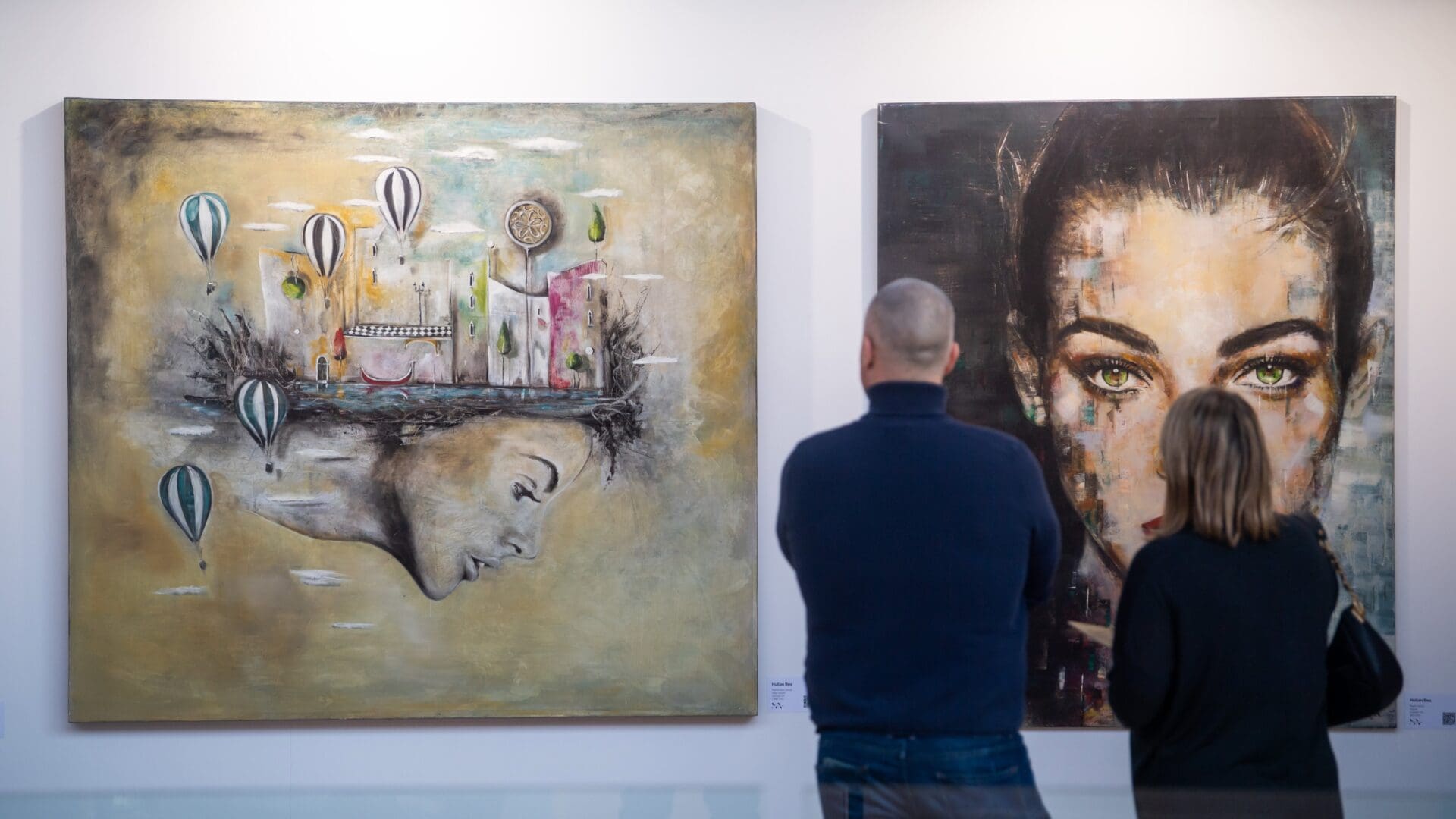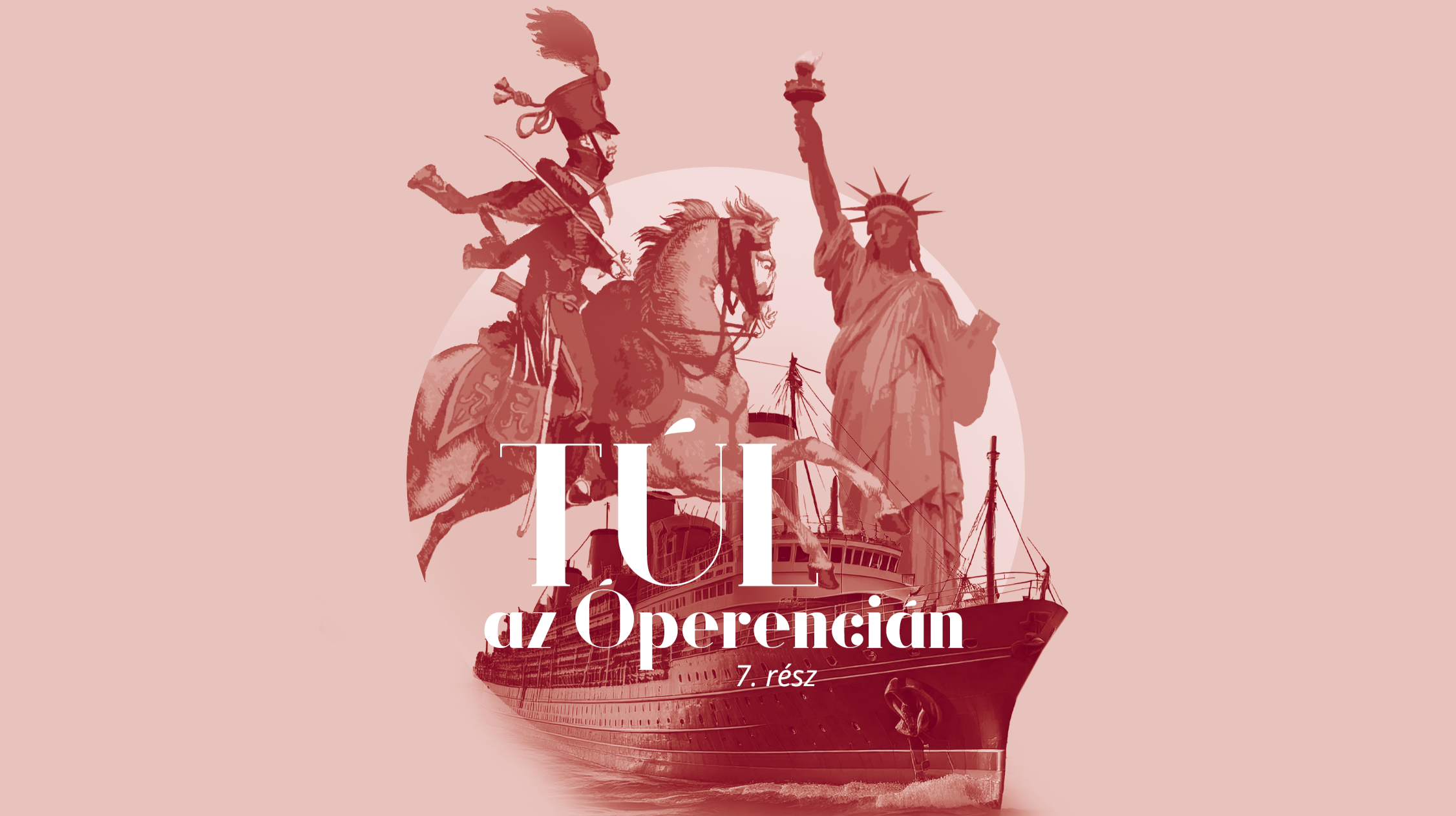
Beyond the Óperencia — A Settlement Founded on the American Frontier by Hungarian Emigrants: New Buda
In its ‘Beyond the Óperencia’ series, Magyar Krónika is looking at the meeting points of America and Hungary, and at Hungarians in America, from penniless peasants to political emigrants and soldiers of fortune. In this part, let us explore the story of a 1848 émigré, László Újházy, who established a settlement with his family and other Hungarian refugees.


